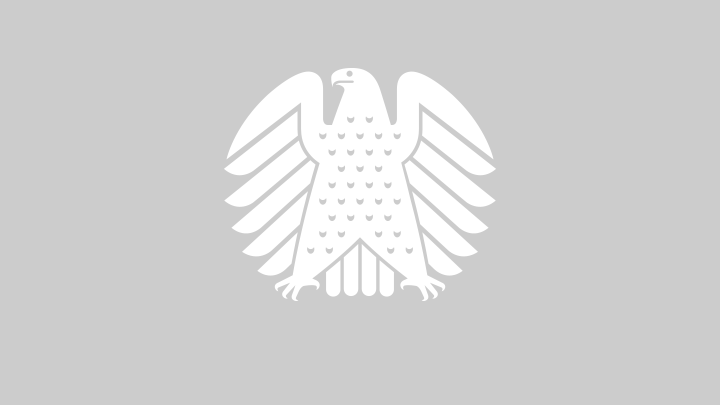Parliamentary Assembly of the Council of Europe (PACE)

(© COE)
The Council of Europe was founded in 1949 in Strasbourg and is the oldest pan-European organisation. Germany obtained full membership on 2 May 1951. The Committee of Ministers and the Parliamentary Assembly are named in the Statute as the organs of the Council of Europe.
The Council of Europe is not part of the European Union. It is a separate international organisation, which today has 46 European states as full members. In addition, it has non-European observer states and partner states. The Council of Europe has set itself the aim of protecting human rights, the rule of law and liberal parliamentary democracy and also cooperates with the EU and OSCE in this. The European Convention on Human Rights is the cornerstone of human rights protection. It is part of the Council of Europe’s comprehensive system of protection, which today encompasses over 220 conventions. Alongside the classic civil liberties, the human rights monitored by the Council of Europe also include economic, cultural and political rights, as well as children’s rights. The Committee of Ministers, comprising the foreign ministers of all member States, monitors adherence to the commitments entered into in the conventions. The Council of Europe observes developments in the member States in the fields of human rights, rule of law and democracy, and the Council’s monitoring bodies issue recommendations.
The Parliamentary Assembly mainly plays a consultative role, but it does also take decisions on appointments to important positions. It flanks the work of the Committee of Ministers and provides political impetus, including for European agreements and conventions to harmonise the law in the member States. The members of the Assembly meet every year for four weeks of sessions in the Palais de l’Europe in Strasbourg. Both during these part-sessions and in between them, regular meetings of the general committees and their subcommittees take place. The Assembly has comprehensive political autonomy and, via the Committee on the Honouring of Obligations and Commitments by Member States of the Council of Europe (Monitoring Committee), it also performs an important watchdog function. Additionally, the Assembly is regularly involved in international election-monitoring missions.
On the basis of reports produced by the members of the Assembly and deliberated on by the committees, the Assembly adopts resolutions addressed to the parliaments of the member States and which generally include a statement of the Assembly’s view on a certain issue. In addition, the Assembly addresses recommendations to the Committee of Ministers on various policy issues. A two-thirds majority is required for the adoption of a recommendation to the Committee of Ministers, whilst resolutions require only a simple majority of votes cast. The Assembly’s steering body is the Bureau. It generally meets three times a year when the Assembly is not in session and thus helps enhance the continuity of the Assembly’s work.
The Assembly also awards important prizes, including the Václav Havel Prize for Human Rights and the Europe Prize, which recognises outstanding contributions in the field of town twinning.
Other important Council of Europe institutions include: the European Court of Human Rights, the Council of Europe Commissioner for Human Rights and the “Venice Commission” (European Commission for Democracy through Law). The Assembly can request that the Venice Commission has an examination carried out of controversial proposals to change the constitution or electoral law in a member State, for example. The 46 judges at the European Court of Human Rights are elected by the Assembly. And the Commissioner for Human Rights also receives his or her mandate from the Assembly. In addition, the Assembly elects its own Secretary General. It also elects the Secretary General of the Council of Europe, who has considerable powers. The current incumbent is Marija Pejčinović Burić, a former minister of foreign affairs of Croatia. In 1994, the Congress of Local and Regional Authorities was created as an additional consultative body for the Council of Europe. The Congress is tasked, amongst other things, with ensuring participation by the municipalities and regions in Council of Europe activities, as well as ensuring that democracy is responsive to the needs of citizens and communities.